"Too much space and I'm out of ideas of what to plant"
trpnbils
9 years ago
Related Stories

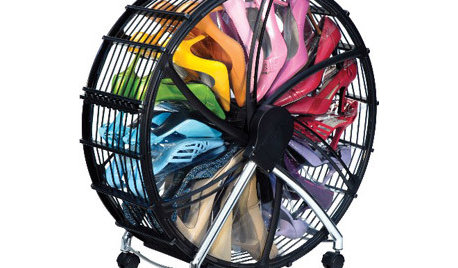
CLOSETSGuest Picks: I'm Dreaming of a Wide Walk-In
20 organizing ideas to get the most out of a small closet
Full Story
STORAGE10 Ways to Get More Storage Out of Your Space
Just when you think you can’t possibly fit all your stuff, these storage ideas come to the rescue
Full Story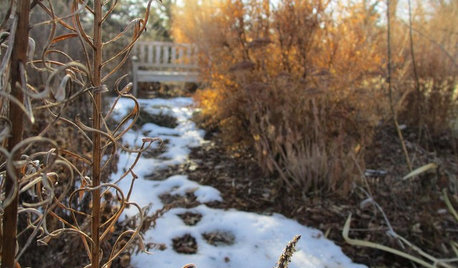
WINTER GARDENING6 Reasons I’m Not Looking Forward to Spring
Not kicking up your heels anticipating rushes of spring color and garden catalogs? You’re not alone
Full Story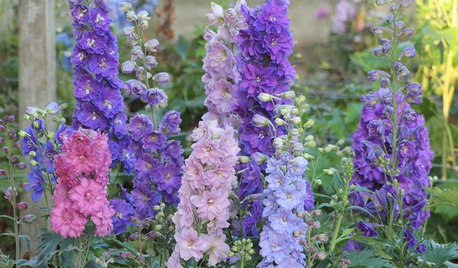
GARDENING GUIDES6 New Plant Varieties That Beat Out Their Parents
With better resistance and fewer demands, these garden beauties are worth a spot on your wish list
Full Story
GARDENING GUIDESLet's Weed Out 4 Native Plant Myths
Plant wisely for a garden that supports pollinators and requires less work
Full Story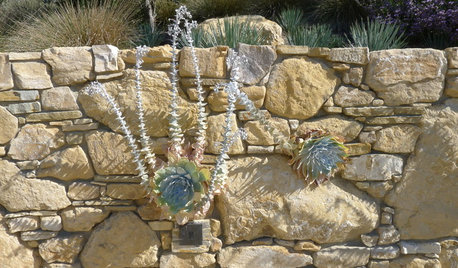
PLANTING IDEASPlanting Ideas: Life in the Crevices
Discover the beautiful planting opportunities hidden in rock walls, paver spaces and other garden gaps
Full Story
REMODELING GUIDESAsk an Architect: How Can I Carve Out a New Room Without Adding On?
When it comes to creating extra room, a mezzanine or loft level can be your best friend
Full Story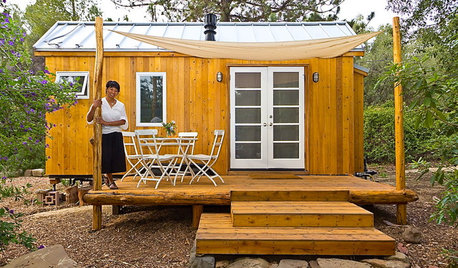
LIFEYou Said It: ‘Just Because I’m Tiny Doesn’t Mean I Don’t Go Big’
Changing things up with space, color and paint dominated the design conversations this week
Full Story
LIFEWe Can Work It Out: Living (and Cleaning) Together
Run a household without fussing and fighting with these ideas for how to work together on household chores
Full StoryMore Discussions







grubby_AZ Tucson Z9
randy41_1
Related Professionals
Ilchester Landscape Architects & Landscape Designers · Summit Landscape Architects & Landscape Designers · Harvey Landscape Architects & Landscape Designers · Maple Valley Landscape Contractors · Arden-Arcade Landscape Contractors · Lantana Landscape Contractors · Medford Landscape Contractors · San Antonio Landscape Contractors · Smyrna Landscape Contractors · West Orange Landscape Contractors · White Bear Lake Landscape Contractors · Woodburn Landscape Contractors · Maplewood Landscape Contractors · Castro Valley Driveway Installation & Maintenance · Milpitas Driveway Installation & MaintenancePeter1142
zzackey
trpnbilsOriginal Author
nancyjane_gardener
jnjfarm_gw
seysonn
laceyvail 6A, WV
NHBabs z4b-5a NH
Creek-side
Peter1142
woohooman San Diego CA zone 10a
nancyjane_gardener
ZachS. z5 Platteville, Colorado
daninthedirt (USDA 9a, HZ9, CentTX, Sunset z30, Cfa)
nancyjane_gardener
seysonn
daninthedirt (USDA 9a, HZ9, CentTX, Sunset z30, Cfa)
Deeby
trpnbilsOriginal Author
otcay
trpnbilsOriginal Author
laceyvail 6A, WV
laceyvail 6A, WV
elisa_z5
daninthedirt (USDA 9a, HZ9, CentTX, Sunset z30, Cfa)